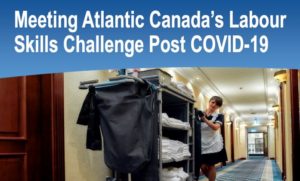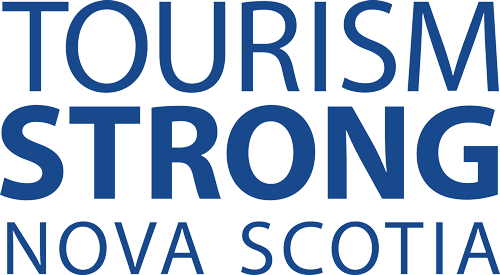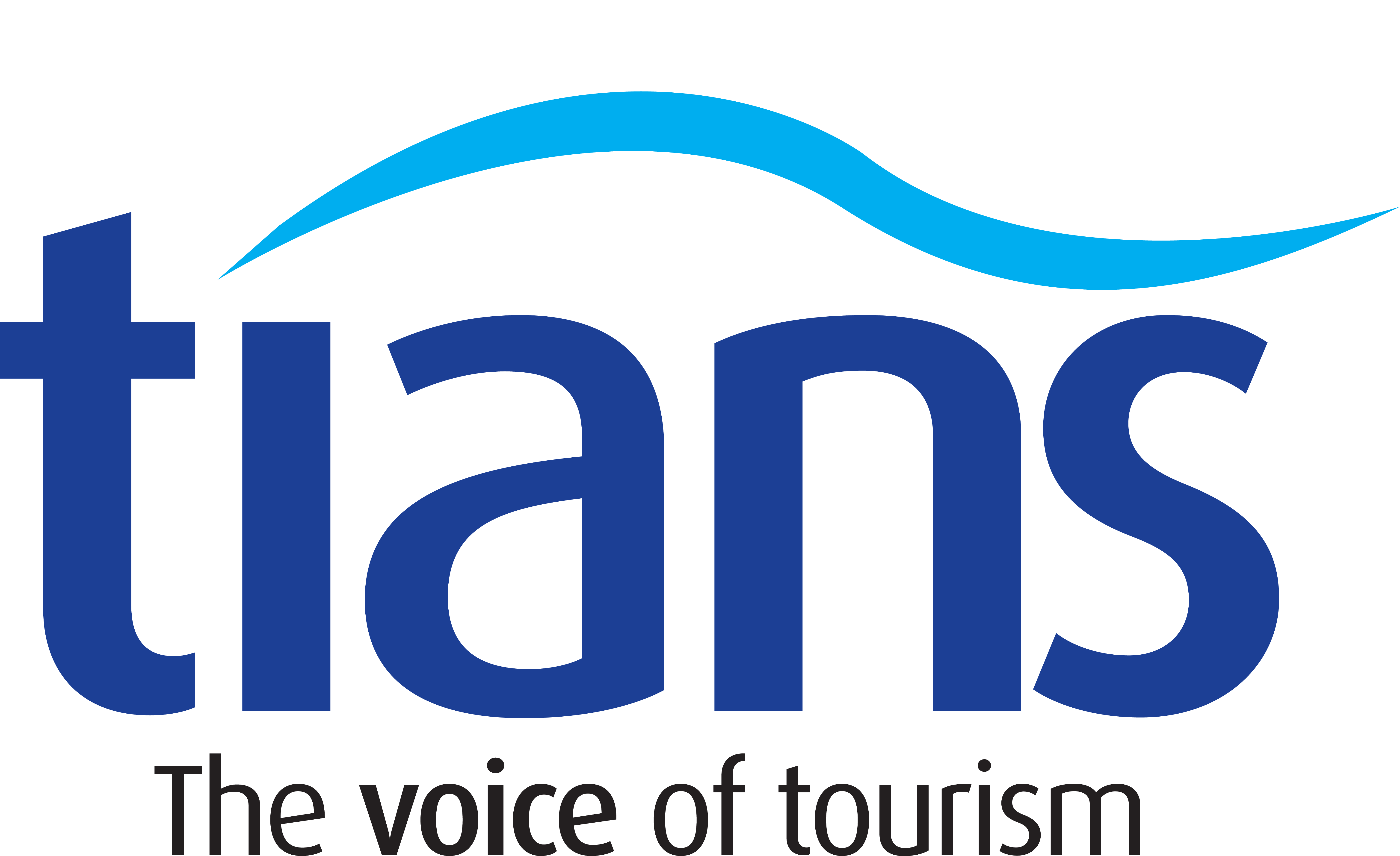The Atlantic Provinces Economic Council released new research addressing the Labour Skills Challenge in a post-pandemic era. In the July 2022 Report, they state that “the accommodations industry plays a key role in supporting business and leisure travel for the tourism industry. It employed an average of about 10,000 Atlantic Canadians in 2021, which was below its pre-pandemic level of 14,000.
Responding to the Labour Challenge in Atlantic Canada’s Accommodations Industry
The accommodations industry plays a key role in supporting overnight business and leisure travel for the tourism industry. The industry accounted for over $500 million in real Gross Domestic Product (GDP) for the Atlantic region in 2021. It employed about 10,000 people, 32% below its pre-pandemic level of over 14,000.
Job vacancies in Nova Scotia and New Brunswick’s accommodations industries totaled 900 in third quarter 2021. Data for Prince Edward Island and Newfoundland and Labrador are unavailable. Employers reported major challenges finding cooks and light-duty cleaners. The accommodations job vacancy rate for Nova Scotia and New Brunswick was much higher than other industries at over 9%, compared with over 4% for the overall economy. APEC estimates that the largest occupations in the accommodations industry will need over 29,000 new employees by 2030.
How will employers fill these positions and retain their existing workers? What is the potential for automation in this industry? How will education and training models need to adjust? Also, how can policy makers facilitate the necessary labour market adjustments?
This report is one of three deep dives on select sectors in the Atlantic region. These sectors have been chosen for some of their unique characteristics. The accommodations industry is an example of a highly seasonal, relatively low-wage industry that has a high proportion of female workers. Occupations in this industry typically require modest education and training. While there are large employers in urban centres, there are many smaller employers in towns and rural communities throughout the region.” Click image below to view full Report.

About the Data:
APEC’s report uses data on the accommodations industry where available but reports data on the broader accommodations and food services industry where necessary. Many hotels operate restaurants within their building.
Occupations in the accommodation industry are classified under many different National Occupational Classification (NOC) codes. This report focuses on food service managers (NOC 631), accommodations service managers (NOC 632), chefs (NOC 6321), cooks (NOC 6322), servers (NOC 6513), front desk clerk (NOC 6525), kitchen helpers (NOC 6711) and light duty cleaners (NOC 6731). These occupations have a large representation within the industry and are experiencing serious labour shortages. Some of these occupations are also found in other industries, such as the food services industry.
This report is based on APEC’s analysis of publicly available data and reports. It also incorporates information from interviews with businesses, industry associations and training institutions.
Source –
July 2022 Report on Meeting Atlantic Canada’s Labour Skills Challenge Post COVID-19
APEC is the source for independent research, insights and ideas vital to supporting a healthy, inclusive and sustainable Atlantic Canadian economy.
APEC • [email protected] • www.apec-econ.ca • @APECatlantic

